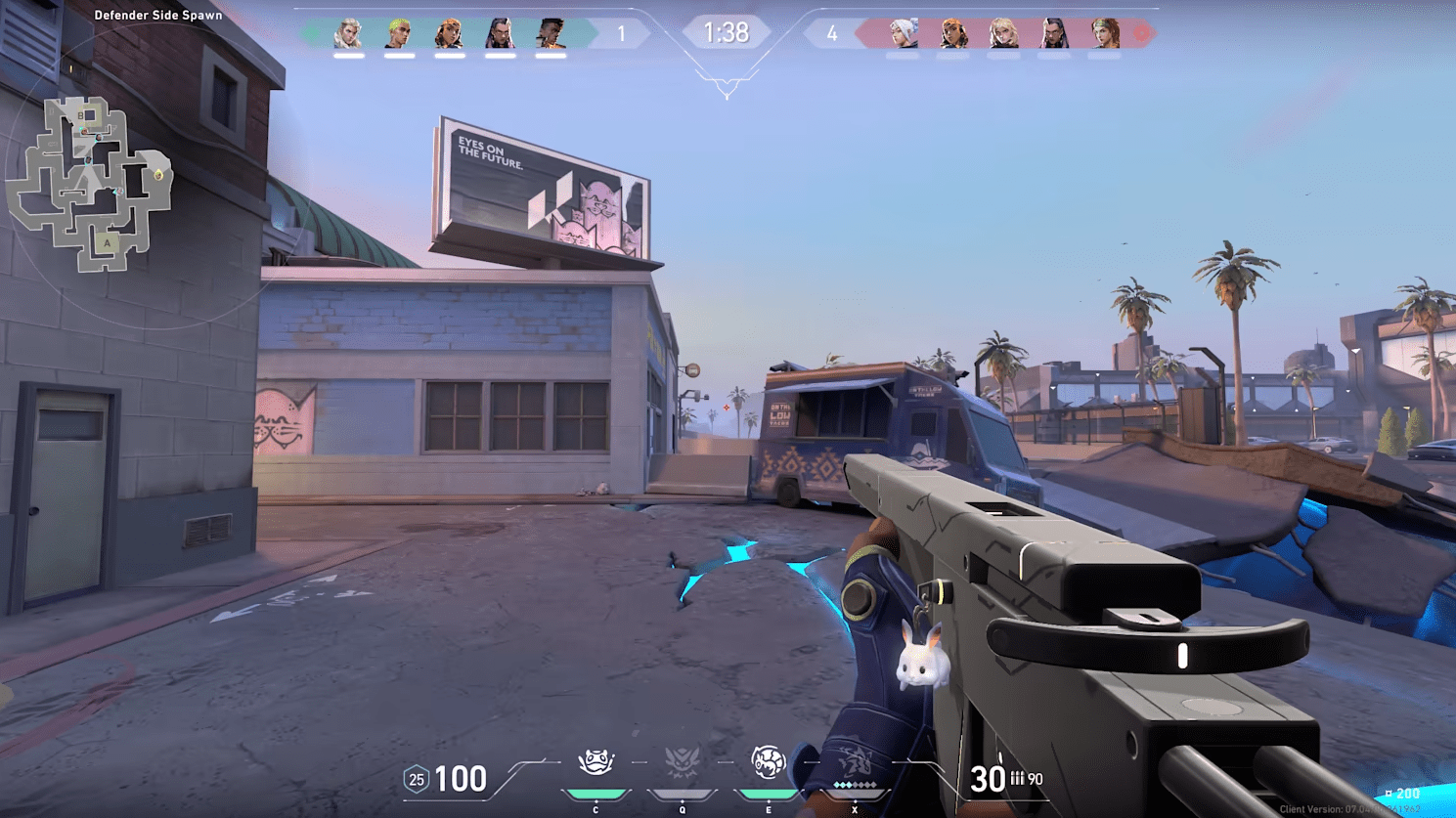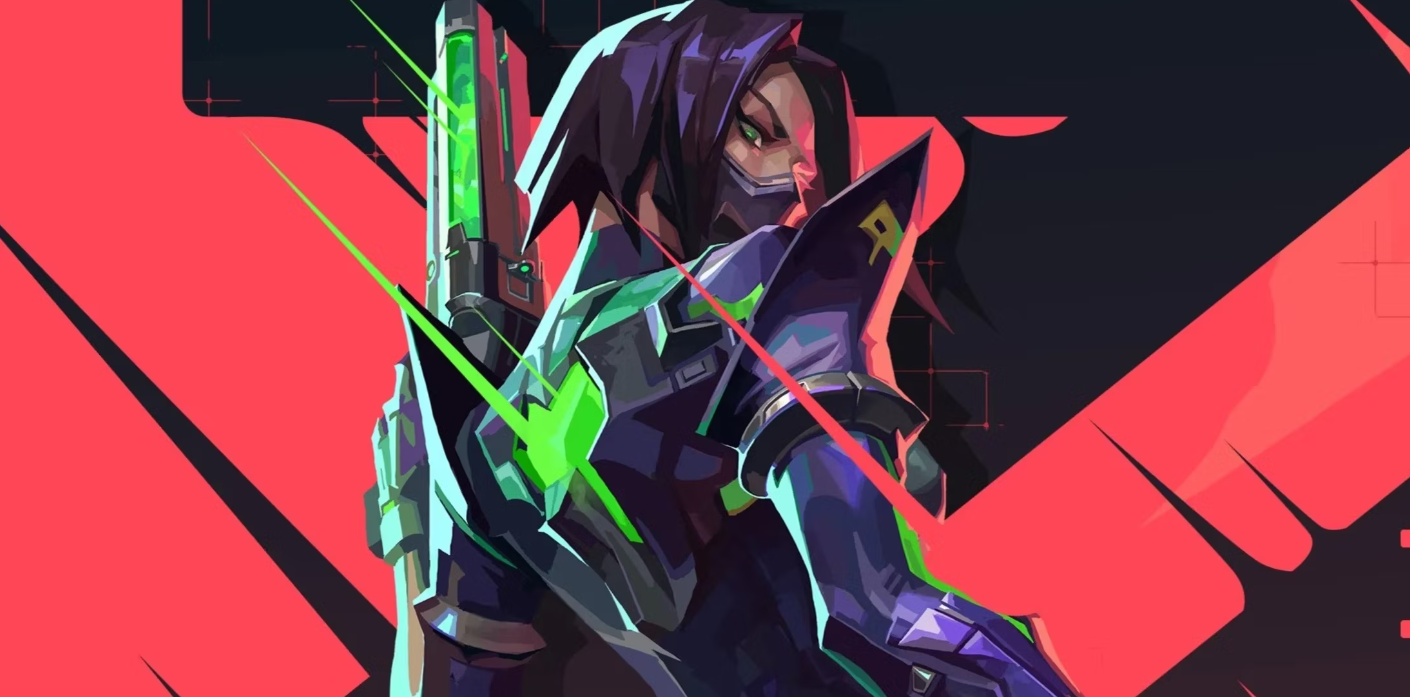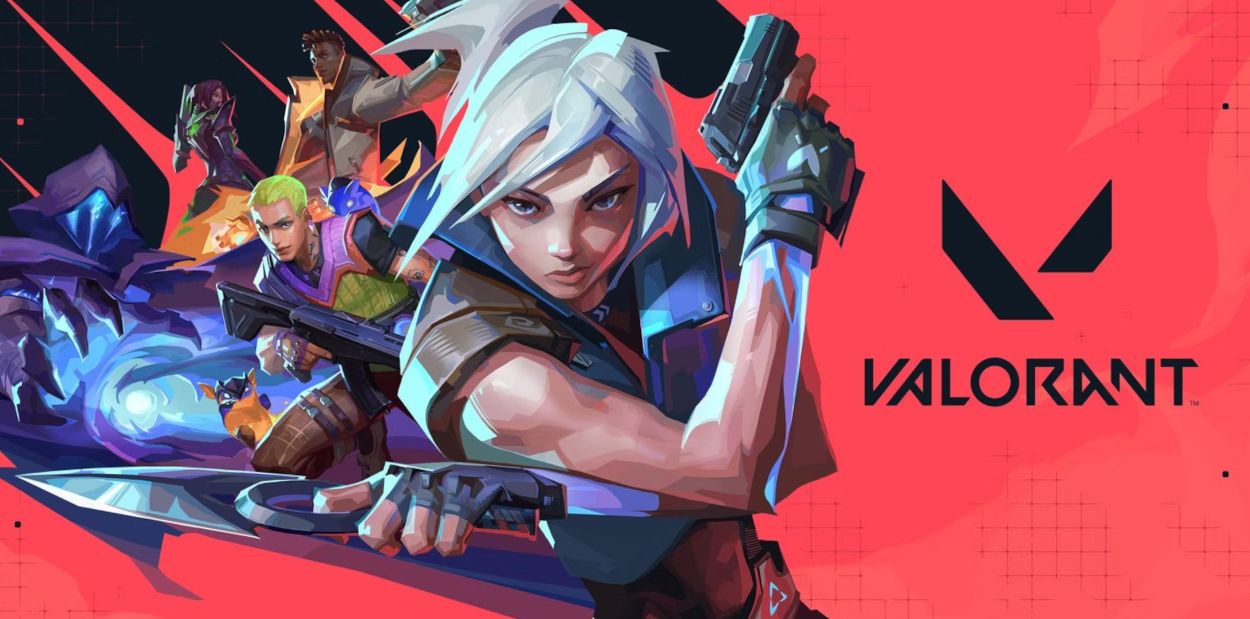Valorant Prepares Harsh Measures: Hardware Bans to Combat Player Toxicity

Valorant, the popular tactical shooter developed by Riot Games, is taking a strong stance against player toxicity within its community. In a recent announcement, the game’s executive producer, Anna Donion, revealed that the development team is considering implementing a unique hardware ban system to address the issue. Contrary to the typical use of such measures to combat cheating and unfair gameplay practices, Valorant’s hardware bans would not be targeted at players who engage in those activities. Instead, the focus will be on punishing those who exhibit toxic behavior, such as verbal abuse, harassment, or other disruptive actions that undermine the community’s well-being and enjoyment of the game. This shift in focus underscores Valorant’s commitment to fostering a more positive and inclusive gaming environment. By addressing toxicity head-on, the developers aim to create a more enjoyable experience for all players, promoting fair play and healthy competition.
The reasoning behind this decision is twofold. Firstly, Riot Games recognizes that player toxicity can have a significant negative impact on the overall player experience, leading to a decline in engagement, reduced player retention, and a tarnished reputation for the game. By implementing stricter measures to curb toxic behavior, the company hopes to create a more welcoming and supportive community that encourages players to return and engage with the game on a regular basis. Secondly, the hardware ban system is seen as a more effective deterrent compared to traditional punishments, such as temporary suspensions or chat restrictions. By tying a player’s actions to their hardware, the developers hope to create a stronger sense of accountability and discourage repeat offenses. The idea is that players who are banned from the game will be less likely to create new accounts and continue their disruptive behavior, as the hardware-based ban would prevent them from accessing the game entirely. The implementation of this system is still in the planning stages, and Riot Games has not provided a specific timeline for when it might be introduced. However, the announcement has already generated discussion within the Valorant community, with players and enthusiasts alike eagerly awaiting further details on how the hardware bans will be implemented and the potential impact they may have on curbing toxic behavior in the game.
Valorant’s Commitment to Combating Toxicity through Hardware Bans
We have some challenges ahead, but Valorant’s executive producer, Anna Donion, believes a solution is possible in the future. This statement comes after a video emerged on Twitter showing a player hurling insults at a female teammate in voice chat, reigniting the ongoing discussion around toxicity within the Valorant community. For a long time, Valorant players have been calling on the developers to take stronger action against toxic behavior. The introduction of hardware bans could be one such solution, as it would prevent banned individuals from simply creating a new account and continuing their disruptive actions. This approach differs from the traditional focus on combating cheating, where hardware bans are more commonly used. Donion’s announcement of the potential hardware ban system underscores Valorant’s commitment to addressing the issue of toxicity head-on. By targeting toxic players rather than just cheaters, the developers aim to create a more positive and inclusive gaming environment that encourages fair play and healthy competition. However, this proposed system also raises concerns among players, who fear they may be unfairly targeted and banned by mistake. The implementation details of the hardware ban system remain unclear, leaving the community with uncertainty about the potential implications. One of the primary challenges Riot Games will face is balancing the need for effective deterrents against toxic behavior with the potential for false positives or unintended consequences. Hardware bans, while potentially powerful, must be implemented with a high degree of precision and transparency to ensure that innocent players are not inadvertently penalized. Additionally, the development team will need to consider the broader societal implications of such a system. While the gaming community may be the immediate focus, there are broader questions around privacy, data protection, and the potential for misuse or abuse that will need to be carefully addressed. Despite these challenges, Donion’s comments suggest that the Valorant team is committed to addressing the issue of toxicity and finding effective ways to foster a more positive and inclusive gaming environment.
As the details of the hardware ban system are further developed and shared, the community will undoubtedly be closely monitoring the situation, hoping for a fair and well-executed solution that prioritizes the overall health and enjoyment of the Valorant player base. One potential approach could involve a multi-tiered system of sanctions, starting with more lenient measures like temporary suspensions or chat restrictions, before resorting to the more severe hardware bans for repeat offenders or egregious cases of toxicity. This could help strike a balance between deterring harmful behavior and ensuring that players are not unfairly or disproportionately punished. Furthermore, Riot Games may explore ways to empower the community itself to contribute to the moderation and enforcement process. This could take the form of player-driven reporting systems, community-led tribunals, or even the integration of AI-powered tools to assist in identifying and addressing toxic behavior patterns. By involving the players in the solution, Valorant’s developers could foster a greater sense of shared responsibility and investment in maintaining a healthy and welcoming in-game environment. This collaborative approach could also help build trust and transparency, addressing concerns about the potential for abuse or misuse of the hardware ban system. Ultimately, the success of Valorant’s efforts to combat toxicity will depend on a comprehensive and nuanced approach that balances the needs of the community with the practical and ethical considerations of implementing such a system. As the game continues to grow and evolve, the development team’s willingness to tackle this challenge head-on serves as a promising sign that they are committed to the long-term sustainability and well-being of the Valorant player base. While the road ahead may be challenging, Donion’s words suggest that there is a path forward, and that the Valorant community can look forward to a future where toxic behavior is effectively addressed, and the game’s core values of fair play, sportsmanship, and camaraderie are more firmly entrenched. As the details of the hardware ban system and other initiatives unfold, the gaming community will eagerly await the outcomes, hoping that Valorant can set a new standard for fostering a positive and inclusive competitive landscape.



